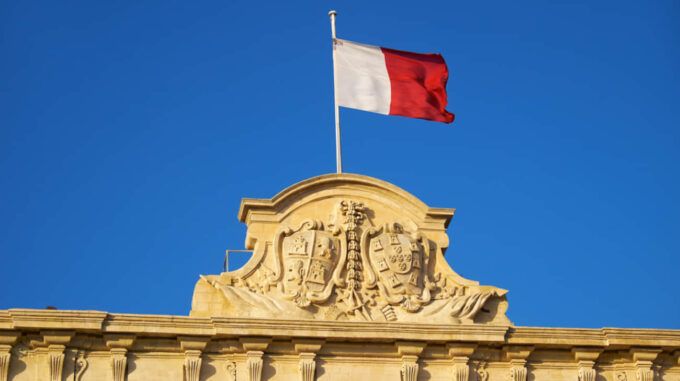Malta is suspected of issuing passports to Russians under sanctions — FT investigation

The need for increased oversight of citizenship acquisition schemes is becoming more urgent amid growing international tensions, particularly related to Russia's invasion of Ukraine. The reputable British newspaper Financial Times has published new data indicating that Maltese authorities were involved in the sale of passports to sanctioned Russians, using the popular "golden visa" scheme. This information is based on leaked confidential documents and official sources, allowing for schematic conclusions about the scale of the situation. According to the material, among the recipients of Maltese citizenship are Russian citizens who, during the sanctions period due to Russia's military invasion of Ukraine, were added to the lists of the European Union, the United States, and Ukraine. Financial intelligence officials note that Maltese passports help these individuals partially circumvent travel bans to the EU and other countries — creating a risk to undermine international sanctions regimes. Names of high-ranking Russian business figures have also appeared in the lists, notably Albert Avdolyan — a businessman who was sanctioned by the EU for his involvement in financial and economic structures supporting the Kremlin's military economy. Avdolyan himself reportedly denies any connection to violations and states that his citizenship was obtained following a "full verification process." It is important to note that three other individuals, who later appeared on U.S. sanctions lists for supporting the war against Ukraine, also obtained passports in this manner, along with three more individuals under Ukrainian sanctions. A particularly notable figure is Yevheniya Volodymyrivna Bernova. The U.S. accused her of illegally acquiring dual-use equipment that could be used for military purposes. She denies any illegal actions and claims her passport was obtained through an honest and rigorous verification process, emphasizing that her ties to Malta are genuine: her business is described as a "real investment" in the country, and she underlines the absence of hidden intentions. Bernova considers her inclusion in sanctions lists a mistake by U.S. authorities. Overall, leaked data indicates that 16 individuals were granted Maltese citizenship following investment efforts, despite subsequently being added to sanctions lists or convicted of crimes. One of these passports has already been revoked, highlighting issues with process integrity and oversight. Among the individuals mentioned is Russian millionaire Pavel Melnikov, who received a Maltese passport in 2015 and a St. Kitts and Nevis passport in 2012 under the so-called "golden visa" program operated by Henley & Partners. In 2018, Finnish authorities raided his private property on the island of Turku. In February this year, European courts sentenced Melnikov for tax evasion and fraud. His Maltese citizenship was subsequently officially revoked. The entrepreneur plans to challenge this decision — insisting he will contest the loss of his citizenship, citing his non-involvement in financial misconduct. Of course, this issue extends beyond national concerns and has sparked serious anxiety within European institutions. Malta remains the only EU country selling citizenship to foreigners with minimal restrictions, even for individuals with questionable or criminal backgrounds. This has prompted a sharp reaction from the European Commission, which last year filed a lawsuit with the EU Court arguing that this practice undermines the integrity of European citizenship and facilitates schemes for the legalization of illicit persons. A court ruling is expected soon, with key focus on whether Malta can implement stricter controls on citizenship issuance. Under current rules, applicants must make a one-time investment of at least 600,000 euros, purchase or lease property in the country, donate 10,000 euros to charity, and reside in Malta for at least three years. For those willing to invest 750,000 euros, the residence requirement is reduced to one year. Notably, the scheme is increasingly subject to international criticism, as its laxity creates conditions for potential abuse and circumvention of sanctions. It is evident that the situation surrounding Maltese passports under sanctions has fuelled broader European and global debates on the need for stricter regulations regarding the sale of citizenship and oversight of legal procedures. Malta now faces a crossroads, with international organizations demanding more transparent and rigorous standards to prevent passports from being used to bypass sanctions or evade responsibility for crimes. Meanwhile, the official stance of Malta remains unchanged — the country insists that its procedures are transparent and compliant with standards. In any case, the new leaks make clear: questions surrounding citizenship and its sale remain highly relevant and controversial, as the growing risk is that individuals with criminal backgrounds or suspected links to illicit organizations could exploit such schemes. This situation amplifies worldwide discussions on the necessity of enhancing controls and preventing mechanisms for the legalization of illicit assets and abuse within international politics and business.

